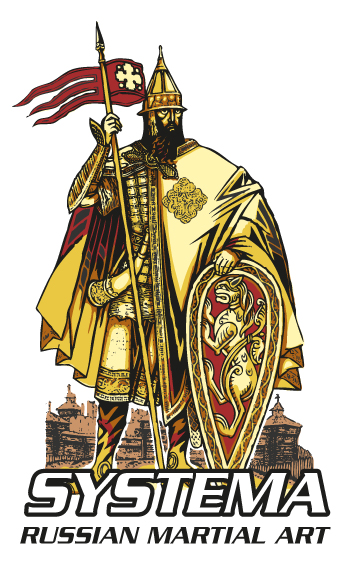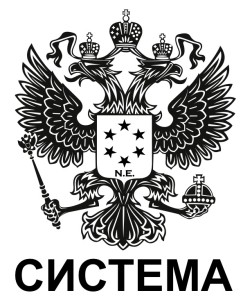If you want to improve your mental health, and you’re not getting as much out of that therapy session or yoga class as you wanted, there’s another option: martial arts. Martial arts has been shown to improve mental health as both a spiritual and physical exercise.
First of all, martial arts are a physical activity. Participants train to improve their strength, balance, flexibility, and agility. It’s a full-body workout that can really get your heart going. And like any other physical activity, martial arts provides both physical and mental health benefits, reducing stress, releasing endorphins, and developing healthy habits and coping mechanisms. Additionally, martial arts improve physical self-confidence. By knowing that they are in good health and physically powerful, participants may feel better prepared to cope with all sorts of stressors.
But martial arts has other, more specific, benefits, separate from those of regular physical activity. The depiction of martial arts in the Western world has often featured a lot of flashy hand-to-hand combat and impressive demonstrations of physical power, such as breaking wood or bricks with bare hands, feet, or foreheads. However, martial arts has its roots as a spiritual movement, with many of its concepts drawn from Taoism or Zen Buddhism. The spiritual emphasis of martial arts can be best seen in so-called “soft” martial arts, such as tai-chi, which focuses on the direction of energy inwards, rather than outwards, resulting in a pattern of graceful dance-like movements, rather than fighting. However, even “hard” martial arts often involve “soft” aspects, such as meditation, and some forms of martial arts, such as Shaolin Kung Fu and Goju Ryu, are neither hard nor soft, but rather a combination of the two.
Thus, counter to what pop culture might suggest, martial arts –even those that emphasize combat– have been shown to reduce aggressiveness in participants. Mastering the complicated body movements required in the various forms of martial arts requires a great deal of self-awareness, and that attention to detail translates to improved self-regulation and reduced impulsiveness. Additionally, martial arts forms come with various ethical codes or ideals. While the contents of these codes varies between forms, some common values include respect, sincerity, and integrity. A successful martial arts program will help participants how to live up to these ideals.
These advantages have made some mental health experts consider martial arts a form of somatopsychic therapy. This is therapy that takes advantage of the body’s effect on the mind in order to improve the mind by improving the way a patient uses the body.


